info@vivavel.com
+919818262686
+919818262686
 info@vivavel.com
info@vivavel.com +919818262686
+919818262686Thalassemia is a genetic blood disorder that primarily affects the body’s ability to produce hemoglobin, the protein in red blood cells that transports oxygen. There are two main types: alpha thalassemia and beta thalassemia, which are named after the specific part of the affected hemoglobin molecule. In individuals with thalassemia, hemoglobin production is either insufficient or abnormal, resulting in fewer red blood cells and a decreased capacity to carry oxygen efficiently. This leads to chronic anemia, which causes fatigue, weakness, pale skin, and shortness of breath.
Thalassemia is inherited in an autosomal recessive manner, meaning both parents must pass on the defective gene for a child to develop the condition. The severity of the disorder can range from mild (thalassemia minor) to severe (thalassemia major or Cooley’s anemia), depending on the number and type of defective genes inherited. In severe cases, individuals may require regular blood transfusions to manage symptoms and maintain adequate hemoglobin levels. However, frequent transfusions can lead to complications such as iron overload, which may damage vital organs, including the liver and heart.
Other treatments may include chelation therapy to remove excess iron, bone marrow or stem cell transplants, and medications to stimulate red blood cell production. Prenatal testing is available for at-risk couples to determine the likelihood of their child inheriting the condition.
While thalassemia is most common in regions such as the Mediterranean, Middle East, South Asia, and Africa, it can affect people worldwide. Medical care advances have significantly improved life expectancy and quality of life for those living with thalassemia.
 Symptoms depend on the type and severity:
Symptoms depend on the type and severity:

 Thalassemia is inherited from parents. It happens when gene mutations that control hemoglobin production are passed from one or both parents to their child.
Thalassemia is inherited from parents. It happens when gene mutations that control hemoglobin production are passed from one or both parents to their child.
 You should see a doctor if:
You should see a doctor if:
 Doctors use the following tests to diagnose thalassemia:
Doctors use the following tests to diagnose thalassemia:
 Do's:
Do's:
 Don'ts:
Don'ts:
NOTE:
Our medical content authors have diligently gathered and synthesized information on this topic to offer valuable insights to our readers. Drawing from a range of reputable medical journals and health resources, this content aims to enhance understanding of the subject. It's important to remember that while this information is informative, it should not replace personalized consultation or treatment from a qualified physician. For further details, please refer to our Editorial Policy.
For this topic, our authors used some of the following resources:
Johns Hopkins Medicine | Beta Thalassemia
Centers for Disease Control and Prevention | CDC (.gov) | Thalassemia





![]() Pusa Road, Radha Soami Satsang, Rajendra Place New Delhi, 110005 India
Pusa Road, Radha Soami Satsang, Rajendra Place New Delhi, 110005 India
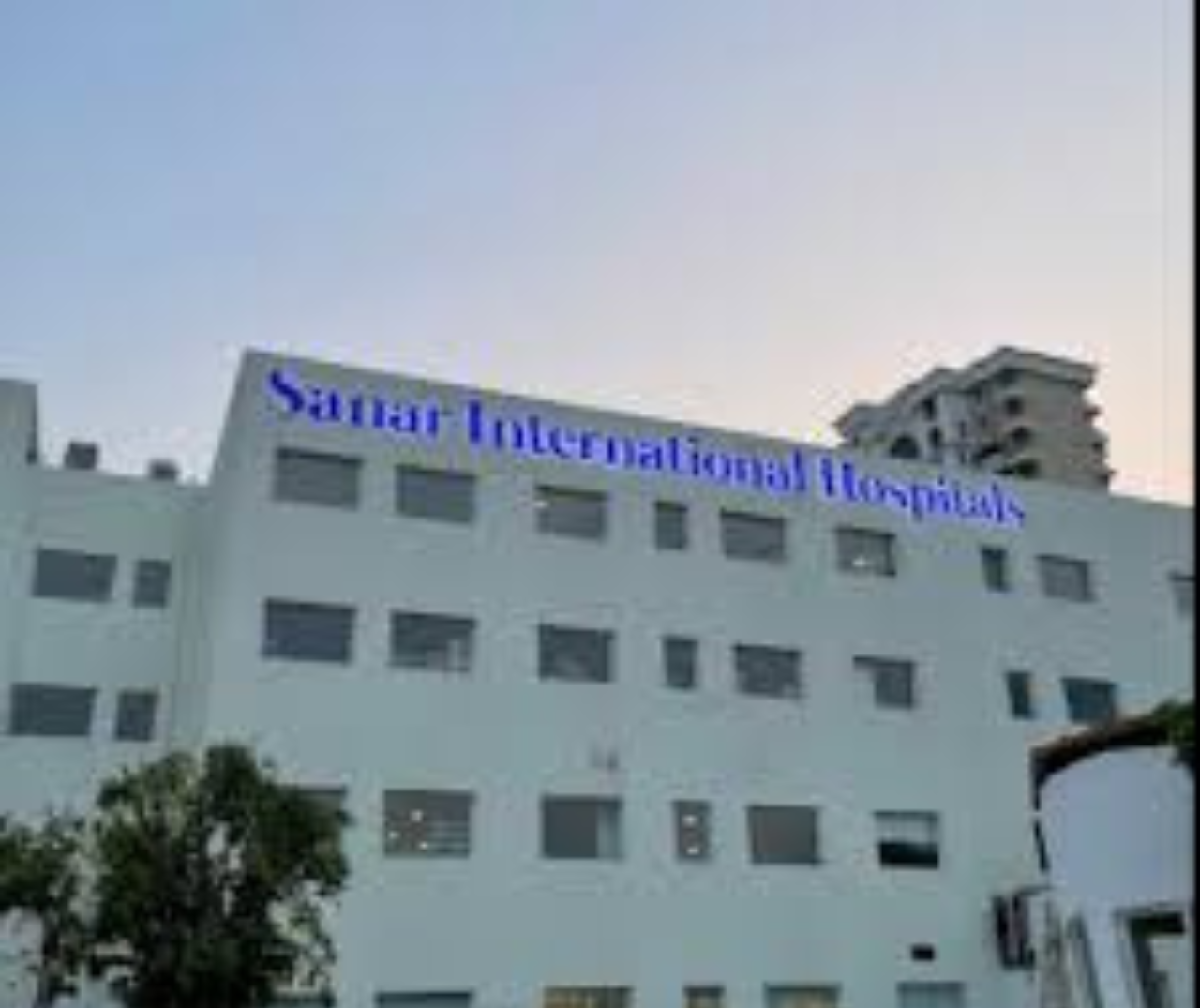


![]() Golf Course Rd, Parsvnath Exotica, DLF Phase 5, Sector 53, Gurugram, Haryana Gurgaon, 122022 India
Golf Course Rd, Parsvnath Exotica, DLF Phase 5, Sector 53, Gurugram, Haryana Gurgaon, 122022 India
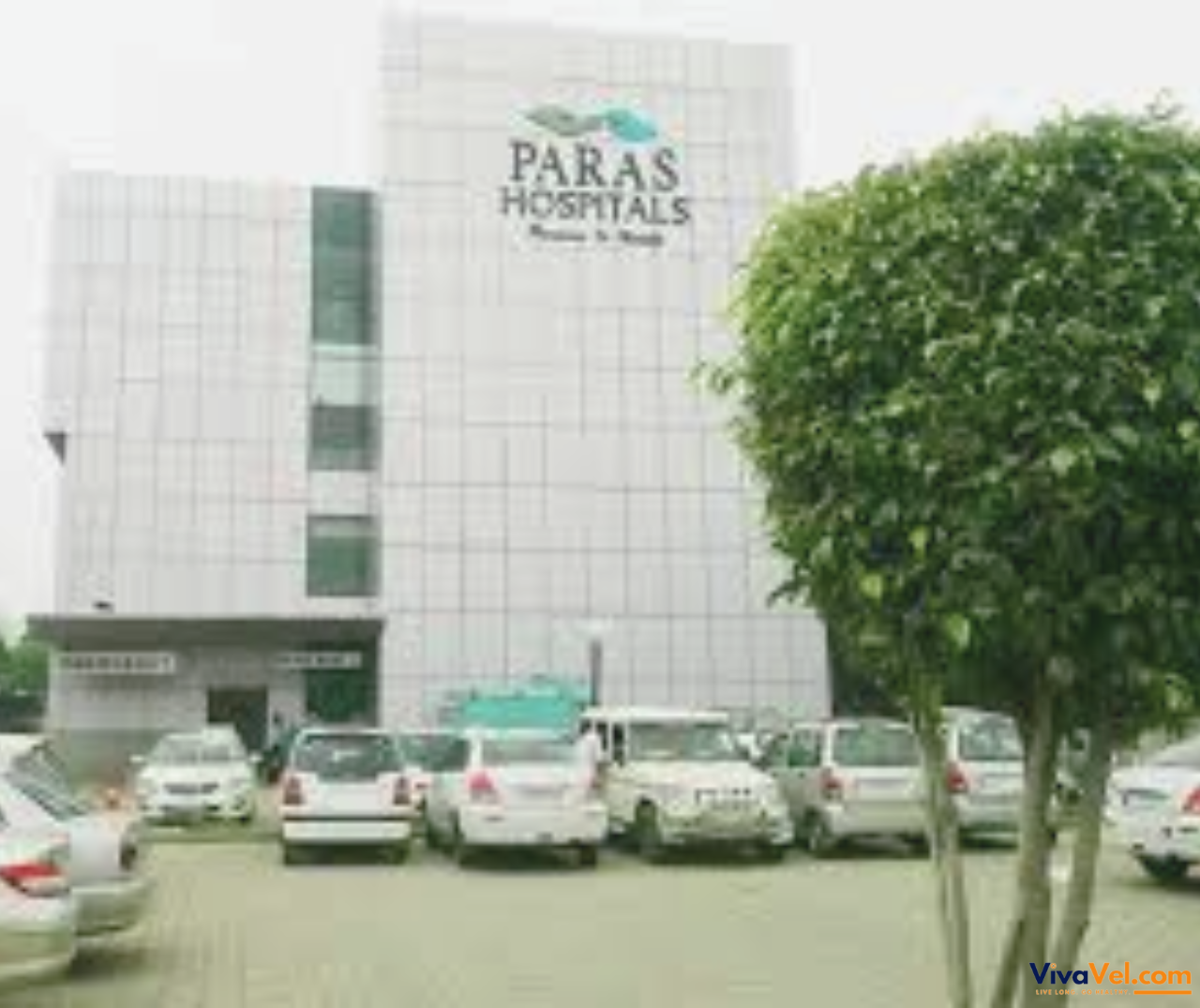


![]() C-1, Sushant Lok- 1, Sector-43, Phase- I, Gurugram, Haryana, 122002
C-1, Sushant Lok- 1, Sector-43, Phase- I, Gurugram, Haryana, 122002
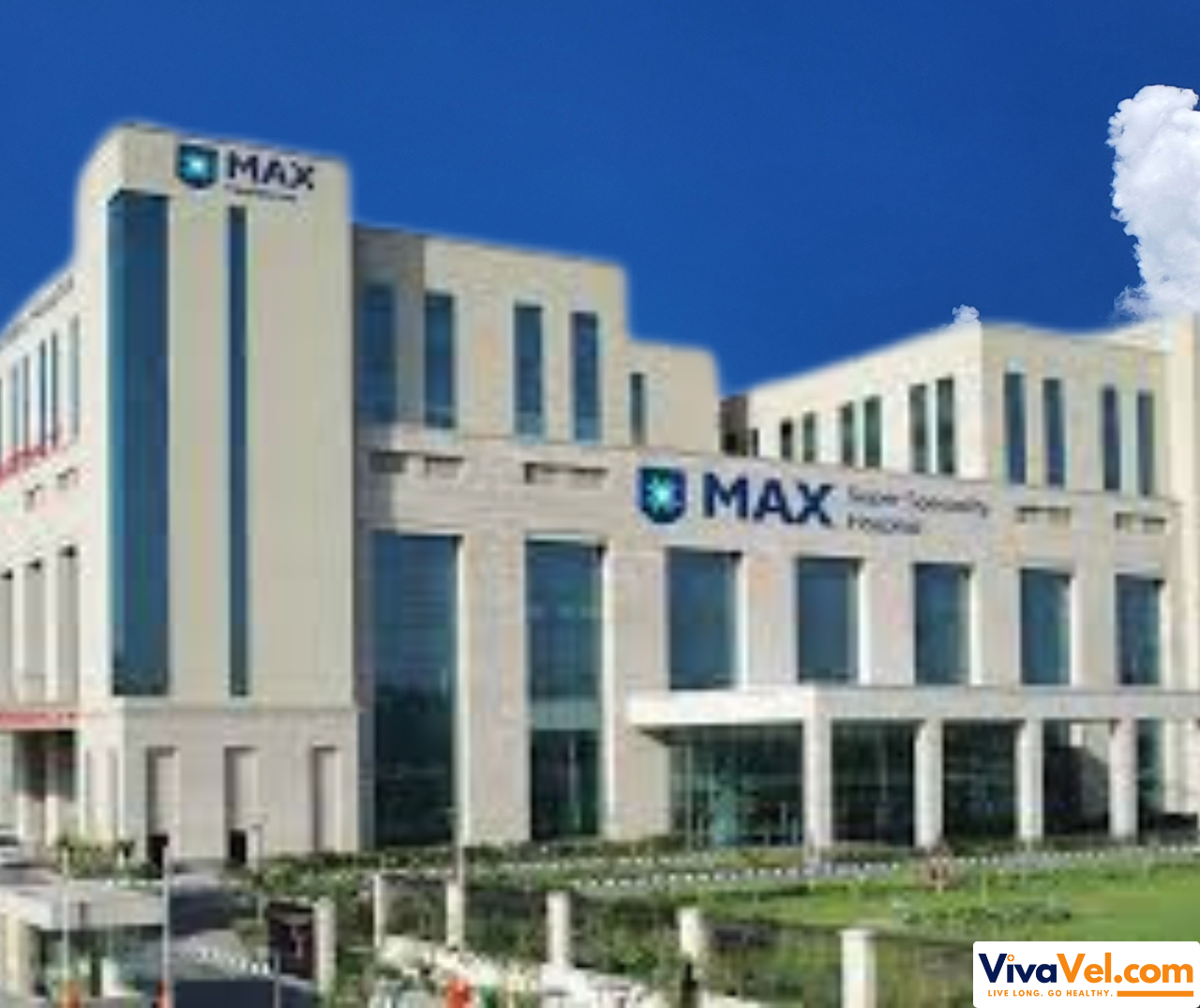


![]() Mussoorie, Diversion Road, Dehradun, Uttarakhand 248001
Mussoorie, Diversion Road, Dehradun, Uttarakhand 248001


Dr. A. V. S. Suresh is a distinguished Senior Consultant Medical Oncologist and Hematologist at Continental Hospitals, Hyderabad. With over two decades of clinical ex...

Dr. Gaurav Dixit is a highly experienced Hematologist and Bone Marrow Transplant (BMT) Specialist who currently leads the Haemato-Oncology Unit at Artemis Hospital, Gurugram....
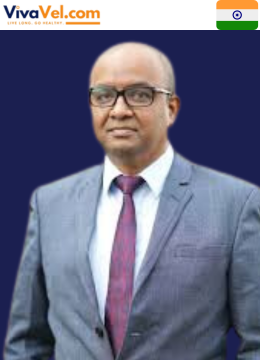
Dr. Rayaz Ahmed is a director with expertise in Cancer Care/Oncology, Bone Marrow Transplant, Hematology Oncology, and hematology (Hematology) at Max Super Speciality Hospita...
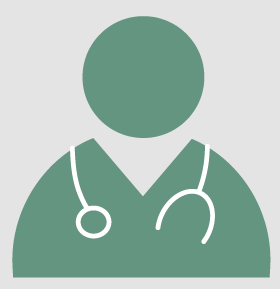

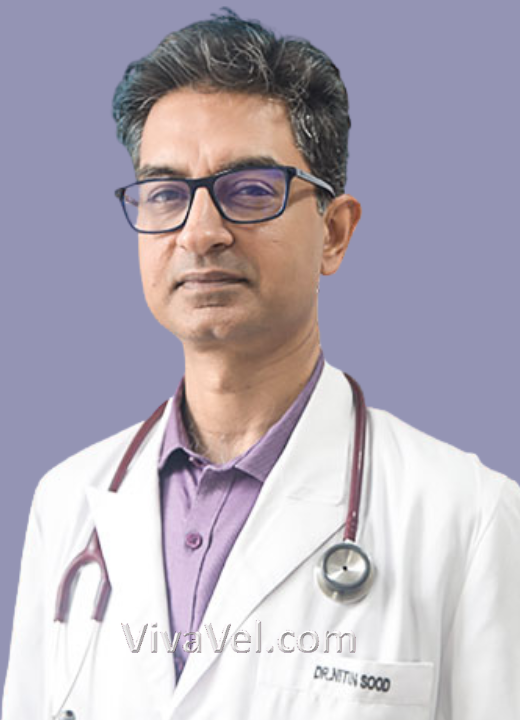
Dr. Nitin Sood is a distinguished Clinical Hematologist, Hemato-Oncologist, and Bone Marrow Transplant Specialist with nearly thirty years of clinical, academic, and research exper...
Treatment Plan & Cost within 2 days
